Although many primary/elementary schools moved fairly quickly to online learning at home utilizing online tools like zoom and google classroom due to the unprecedented circumstances brought on by the 2020 Coronavirus (Covid-19) outbreak - it has been a little more difficult for early childhood educators and services to collaborate and partner with parents to support playful learning at home for young children
However, It doesn’t mean we can’t form partnerships and share resources with families to show them how to use everyday play opportunities to continue their child’s learning at home. It doesn’t mean we have to just give up and only focus on the possibility (or reality) of dwindling numbers in our Family Day Care or Early Learning Centre. This is a time we get to show our expertise, our skills, our creative thinking - our commitment to the importance of early learning - even when we don’t feel this is recognised.
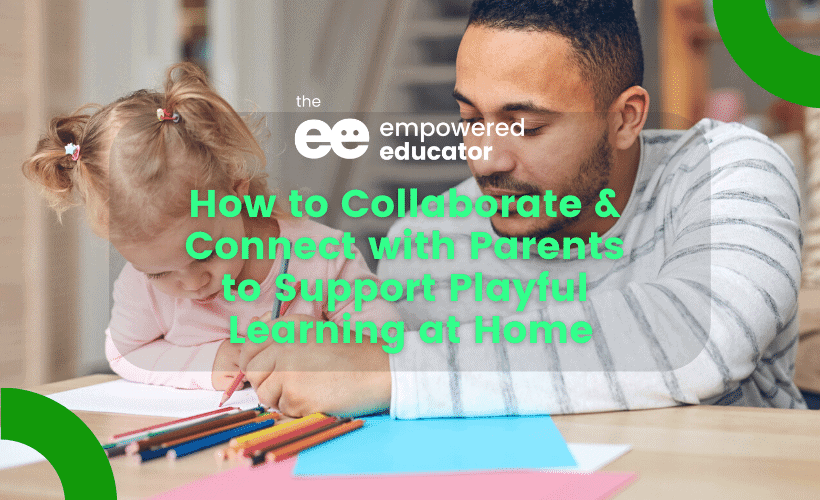
It’s not the time to give up, it’s the time to embrace our essential and professional role and share that knowledge with our community and with our families so when this all passes (and it will!) we can continue our core work as those families and children return.
How to ensure families will return to your Early Learning Centre or Family Day Care after a closure or isolation?
Why will they return? Because they have appreciated your support, your commitment, your love for the work you do with children and above all your guidance as you helped them continue their child’s learning in playful ways that supported their overall well-being and sense of belonging, rather than being left on their own to second guess their actions and ability to get through this time at home.
Whether you still have a full quota of children in care, have children and families slowly returning to care or you're already talking to yourself and having a tea party for one…. NOW is your time to shine Empowered Ed’s.
I refuse to write a blog post full of more anxiety and gloom, I’ve read enough of that in my social media feed to last me a long time and I’m pretty sure you have too! Things are certainly not ideal and I know many of you feel undervalued and unsupported but you know what?
It’s ok to be sad and frustrated guys - most of the world is right now and you certainly have cause, but instead of falling down or giving up I want to help you keep taking steps forward, keep looking to the light at the end of the tunnel, to adjust your thinking a little so that you see other possibilities... and above all can still make a small person feel secure, feel safe, feel supported by the important people in their lives.
As always, I have your back with some simple ideas you can use to foster collaboration and connections with your families - not only for the children but also so the light at the end of the tunnel will burn a little brighter for your own job or service when we come through to the other side... as many services are already starting to experience right now as schools begin to open and restrictions are slowly eased .
It's not going to be a quick process unfortunately but we are moving forward through that tunnel and in the meantime there are certainly some easy ways we can encourage children's playful learning at home...supporting the parents role as a child's first teacher has always been important...it's not new to our role. It's just a little more 'hands on now!
Repeat after me - I’m Empowered, I’m Essential, I’m an Educator! (feel free to add ‘dammit’ after the educator, I personally think it sounds better 
We know all too well that it is a time consuming and significant process that we, as early childhood educators, must engage in to plan every week of activities and engaging experiences that will meet the developmental and specific learning needs of the young children in our care. I won’t even mention the reflections, forward planning and intentional teaching 
In addition, we use our knowledge and experience to set up learning spaces indoors and out, collaborate and connect with families regarding their child’s individual needs and *ahem* all that prep and cleaning every day.
Early childhood educators are professionals, this job is definitely challenging but we know what we are doing (as do many parents - we recognise that they are always the child’s first teacher) but as more and more parents find themselves now having to work from home or continue to self isolate and keep their young children home with them and away from the early learning services and routines they are familiar with, doubt and fear is never far away.
How to Collaborate & Connect with Parents to Support Playful Learning at Home
Parental Concerns
All questions I have been asked in the past few week's by parents and carers seeking advice! So let’s break down some ideas you can try right now in your own early learning service to help you build those connections and empower others around you to support playful learning at home.
Some will work better for the leaders in a long day care service, some will work better for educators running a Family Day Care Service and some can be used by all educator roles across a variety of service types. Take a look and choose 1 or 2 to try, see what works for you and your families. Only do what you feel comfortable with and know you can handle at this time.
You can also use my brand new Play & Learn At Home Toolkit - a huge resource I am giving all educators access to for FREE during this stressful time. This is a step by step resource kit that you can share with your families and The Empowered Ed team have worked hard on making it easy to use and above all helpful to educators and families.
Click on the image below and let me know where to send your copy.
10 Ways for Educators to stay connected with families during isolation, closures and gradual returns to care.
1. Set up Dropbox folders and portfolios in the cloud for each child to enable parents to access remotely on their own device or computer.
Add photos, updated portfolios of learning so far, activity ideas, weekly newsletters, specific information relevant to their child, service updates, videos from their child’s educator…..anything to build those connections. For more information about how to use Dropbox in this way watch this video on my blog.
2. Create a series of ‘Play At Home Activity Plans’ for parents to use.
Keep them very basic with some suggested activity ideas for the week ahead and try to include experiences and activities that only need common household materials or furniture as most won’t be able to simply pop to the shops to get what they need!
If you are one of my Member Hub Members you will find some playful learning at home plans already completed for you and ready to email, text or print out to give to your parents - login to your member homepage here.
The Planner Packs for different age groups are also now available in the Empowered Ed Resource shop here, here and here.
3. Provide a simple observation /story template for parents to complete.
Add to the child’s dropbox folder or email to parents at the end of the week. Ask them to share a story about their child’s week, a special moment, activity or similar. They could also add photos. Add a comment or some thoughts and send back to them with a special message for the child!
If you need help with some simple templates you can use in this way download my Planning & Communication Pack for 0-2 years here or 3-5 years available inside of member hub.
4. Have fun with an interactive session online a few times a week
Use an online tool like Zoom to set up recurring ‘play sessions’ . Zoom calls them ‘meetings’ as this tool is mainly used by adults to host remote meetings using webcams but you could call them anything!
Zoom is very easy to use for both parents and educators, I have been using it for years to hold meetings as well as present large webinars to educators around the world and if I can figure it out I know you can! Take a look at this page for lots of useful videos and tips specifically for educators and shared for free by Zoom.

You can choose to have children show their faces via webcam and interact or you can just show your own face and they can join in from home without having to go on camera.
Some ideas to help children interact & engage in playful learning at home with educators:
Ask them to go on a scavenger hunt and find common items in the home or something of a specific colour and race back to show you.
Sing some favourite songs using finger puppets, give parents a puppet printable before your session so they can make their own together beforehand. I love to use these free printables from Picklebums Blog - she has all the toddler favourites!
Read a story you know your children usually love and give them lots of opportunities to call out their favourite parts as you turn the pages!
Put on some music and do a dance or play a game together.
Provide parents with a play session outline ahead of time so they can help prep and engage in the session with their child... something they probably don’t normally get to do if they are at work usually!
End by giving them a task or challenge to complete outside!
You can do anything fun you would normally do with the children in front of you really….except zoom has an awesome ‘mute all’ button you might find particularly useful 

5. Record Videos to send to families to play when they need a break! duplicate, check
Not all families will have the option to join in the live interactive sessions but you can do all of the same things I mentioned above and get a colleague (if in a centre) or family member (if working in Family Day Care) to film you - no fancy equipment required, just use your phone!
Upload to an online service using a free plan like those available on Vimeo or Youtube then simply share the link with parents so they can watch at a time that suits them. That way you don’t need lots of space on your computer to download and upload the video as services like Vimeo host the video for you.
I have used Vimeo for many years to host my videos and they are easy to use as well as keeping all of your videos together in a library.
6. Use a private Facebook Group for parents.
Share photos, videos, livestreams at set times, music and dance sessions, updates and news and invite parents to interact and share as well helping to bridge those inevitable feelings of isolation and frustration! Providing support and tools for parents is just as important as what we are doing for the children.
If you don’t have a private Facebook group and would like some help to set one up you will find a tutorial video inside the Empowered Ed Member Hub.
7. Create and share links to YouTube playlists.
This won’t take much time on your part but could help save a parent’s sanity and get children moving those muscles, challenging their coordination and balance skills and burning off some energy!
Some playlist ideas for you:
- Yoga Fun for Children - my own children love Cosmic Kids Yoga.
- Favourite Songs &Fingerplays – The Learning Station has some engaging videos for all ages!
- Family Games
- Storytime
- Playschool Songs
Just add some keywords into the search bar and start compiling. You could also compile song lists or podcast episodes on Spotify.
When you have your lists simply add all the links to a word doc, save as a PDF then send out to parents and families via email or save to their dropbox folder.
8. Put together Mini Toy Library Tubs for parents to borrow.
Using some large plastic tubs with lids, add a few different play resources for different age groups and developmental stages, along with a PDF or photos with suggestions for play then lend to parents. You can arrange non-contact pick up or deliver to their homes if you have the staff capacity.
Run it like a library and label all boxes with a number. I find it helpful to take a photo of the contents, laminate then stick to the lid or side of the box so you can do an inventory check before lending and when it is returned. It also acts as a guide for parents.
You might like to compile with themes in mind if that suits your planning style better. Remember you will need to thoroughly wash the items in every box and adhere to current hygiene stipulations before lending out again.
9. Use The Empowered Educator Resources for Parents.
You will find lots of resources in my professional development shop that you can use to help you put together ‘play ideas packs’ for parents.
Why not choose a weekly theme and share some activity ideas from one of the simple series guides or pull some experiences and extension ideas from Play Planner #1 and Play Planner #2.

You can also use the Simple Series Guides to help you compile factsheets, challenges, ideas for outdoor play and show families how to make their own resources and equipment using everyday materials.
Help families explore principles of sustainability and eco-friendly play with gardening, recycling and upcycling projects they can do with their children at home. This resource pack has simple step by step instructions and printables that parents will find easy to use.
10. Share tips for setting up Daily Routines and Learning Spaces in the Home.
Compile a list of tips, strategies and photos that might help parents set up learning spaces in their home environments indoors and outdoors using what they already have available. Send out via email or add as a resource to your parent communication apps or dropbox folders.
The blog posts below will help you to create your quick guide or list.
Routines and structure are important to young children but not all families are used to a daily routine and can quickly become overwhelmed as they try to keep children happy and engaged day after day.
Make it easier for them by giving them some tips for how to create a visual routine and why it will make a difference to their child as they navigate these different and uncertain times.
Use printable photo cards like these ones to model how to set up a flexible visual routine and help children with their decision making, sequences, communication, behaviour, transitions & more!
One of the ways parents can use visual resources like this is to encourage children to share their voice by using the cards to create ‘choice actions’. For example...‘What should we do this afternoon?’ ‘Should we do that before or after washing hands?’
Try writing out the daily routine used when they were attending care with you and show them how they could incorporate aspects of that routine into their own at home.
By sharing a visual of an actual routine with parents they can see in front of them how they might arrange their day and modify it to suit their own family needs.
What strategy do you think you could try from my 10 suggestions above to help you engage with families and keep those partnerships strong during the Coronavirus isolation to encourage playful learning at home?
What can you do NOW to ensure parents, carers and children continue to feel a sense of belonging and connection to your early learning service at this moment that will ultimately make it an easier decision for them to return and again entrust their child’s early learning journey to you as a professional educator?
Do you have another suggestion – something that is already working well for your family day care or centre team? Share it with us in the comments!
A Little About Me

Jodie Clarke is an early childhood professional supporting educators who want and need to stay passionate about the work they do! She has 30 years hands-on experience in the early childhood and human services sectors across many different roles.
Jodie is mum to 3 in Australia and has already helped thousands of educators with their work through her popular blog posts, activity ideas, online training and e-books.
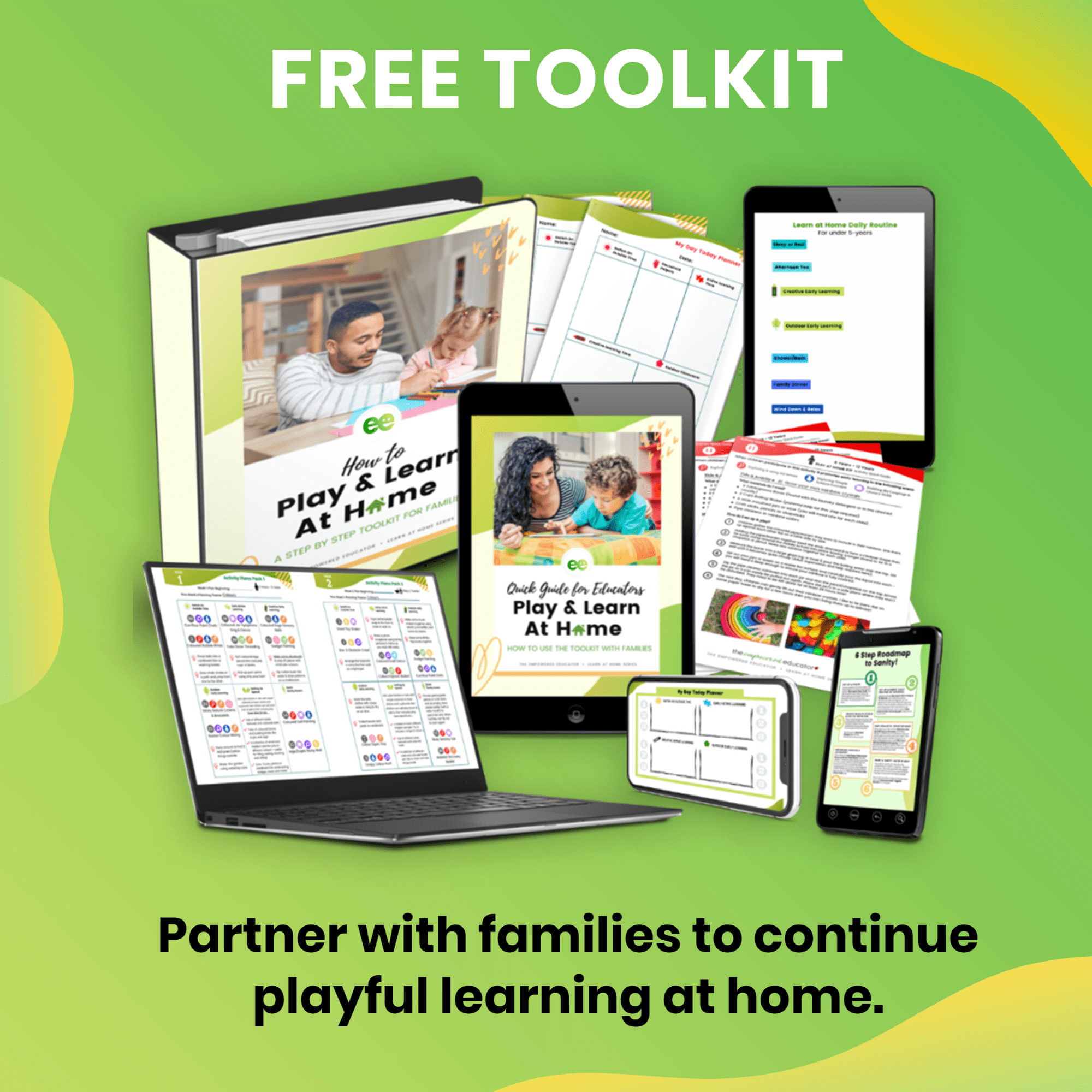


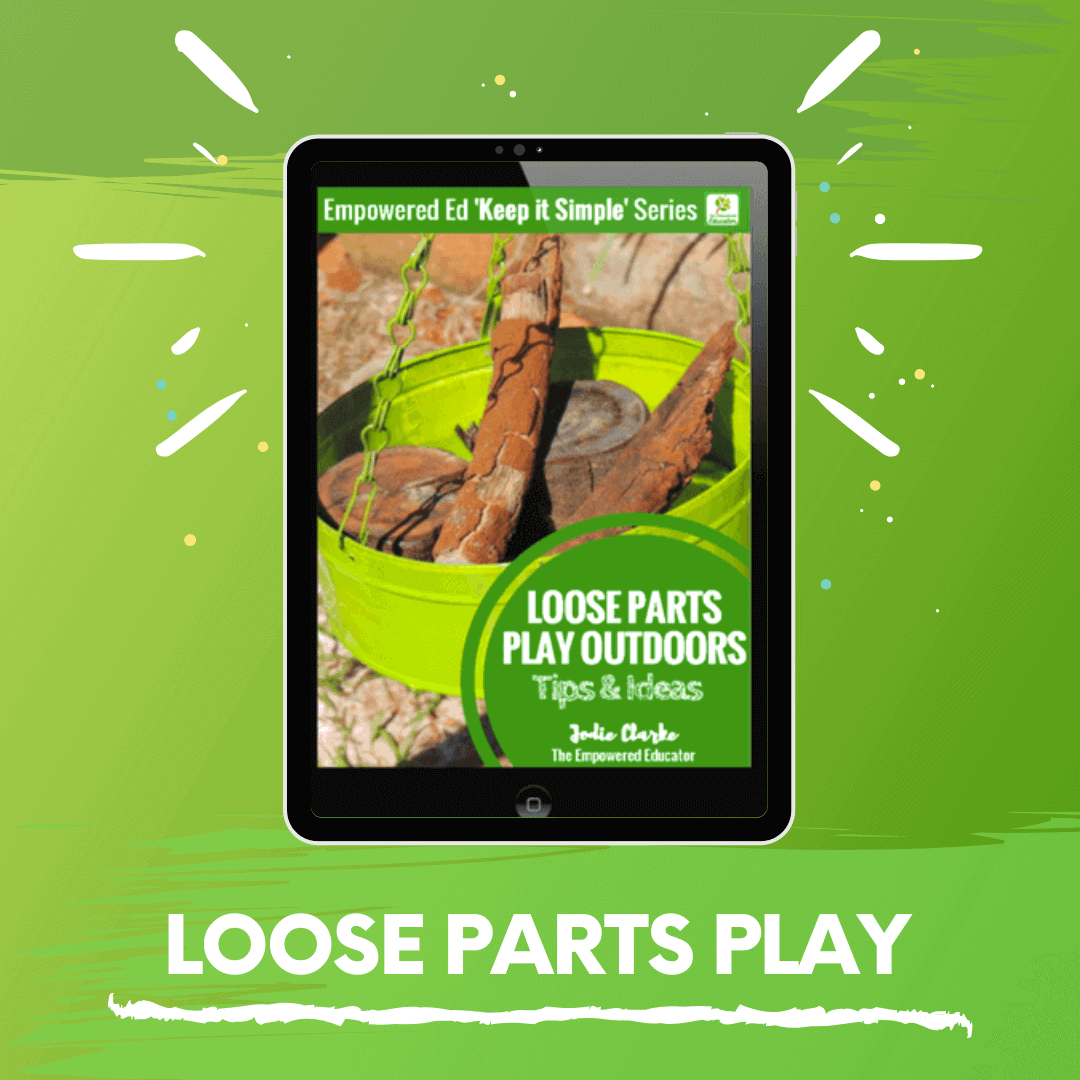
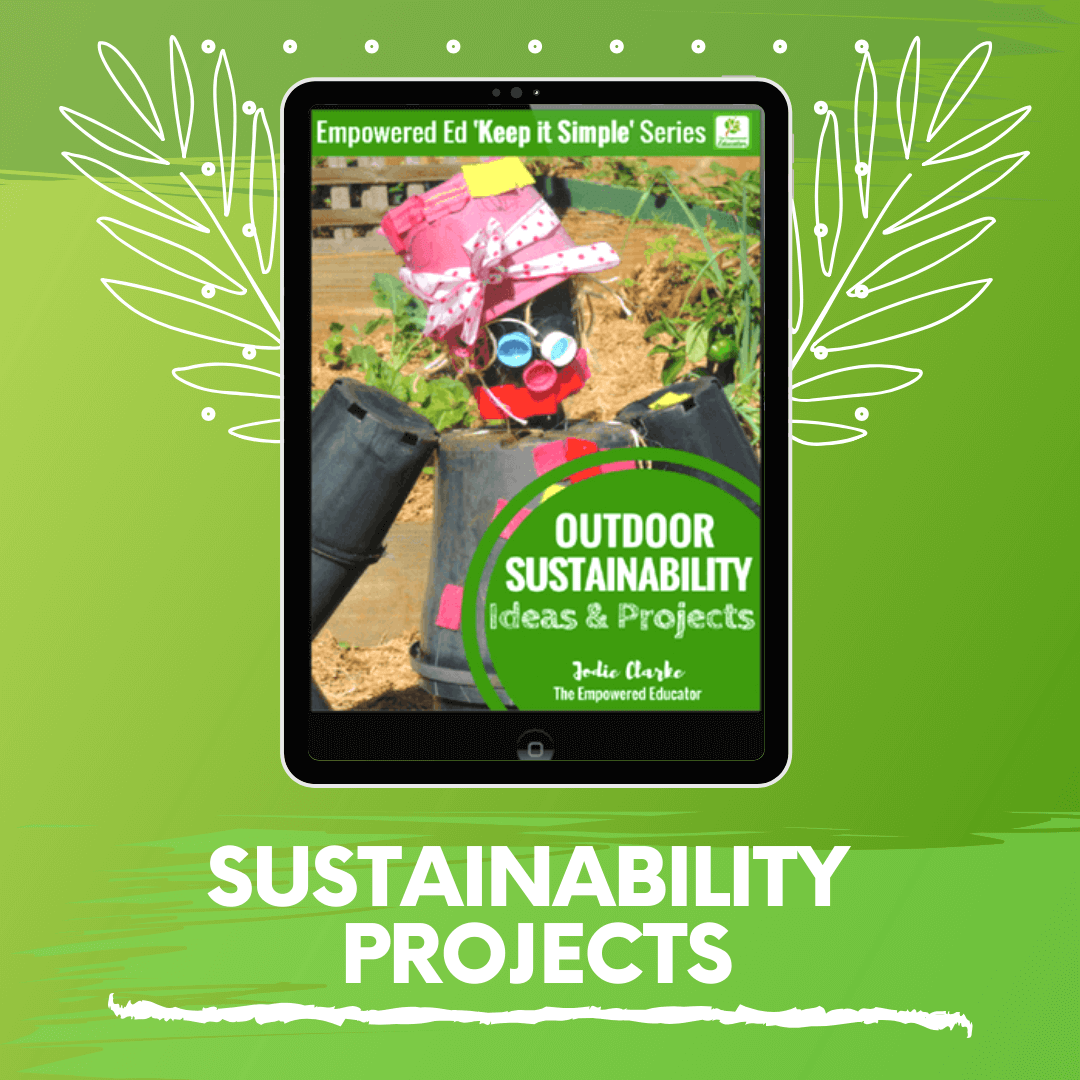

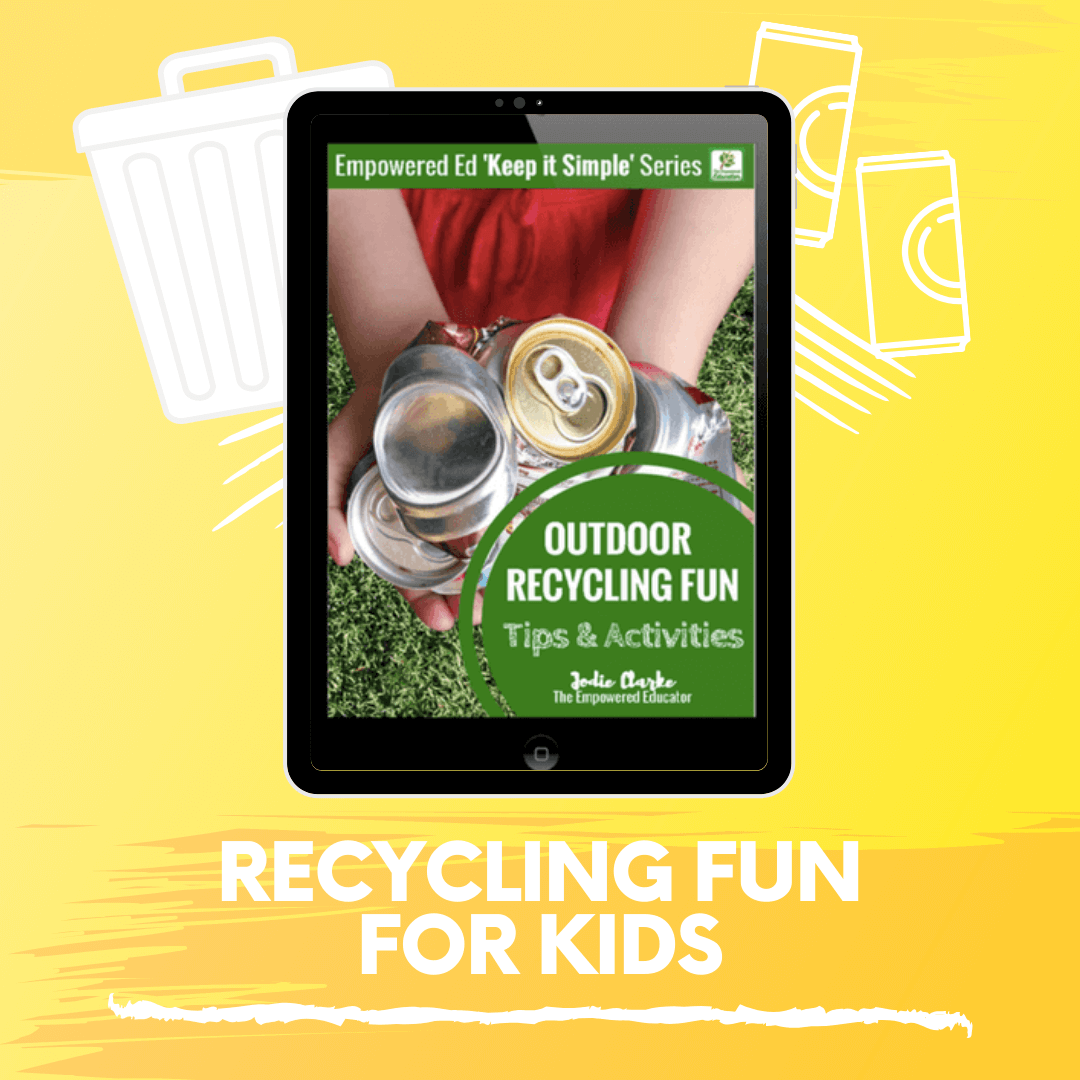
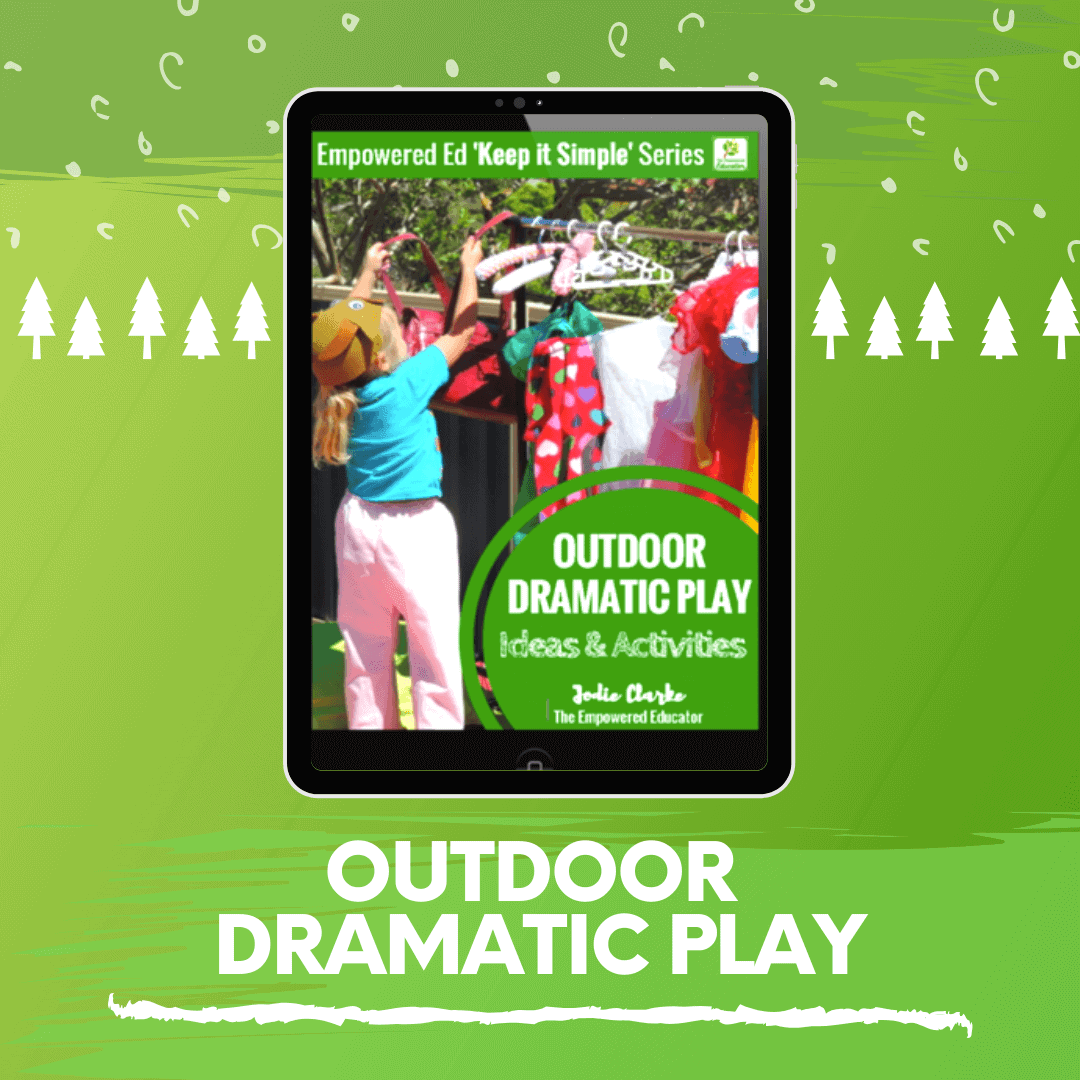
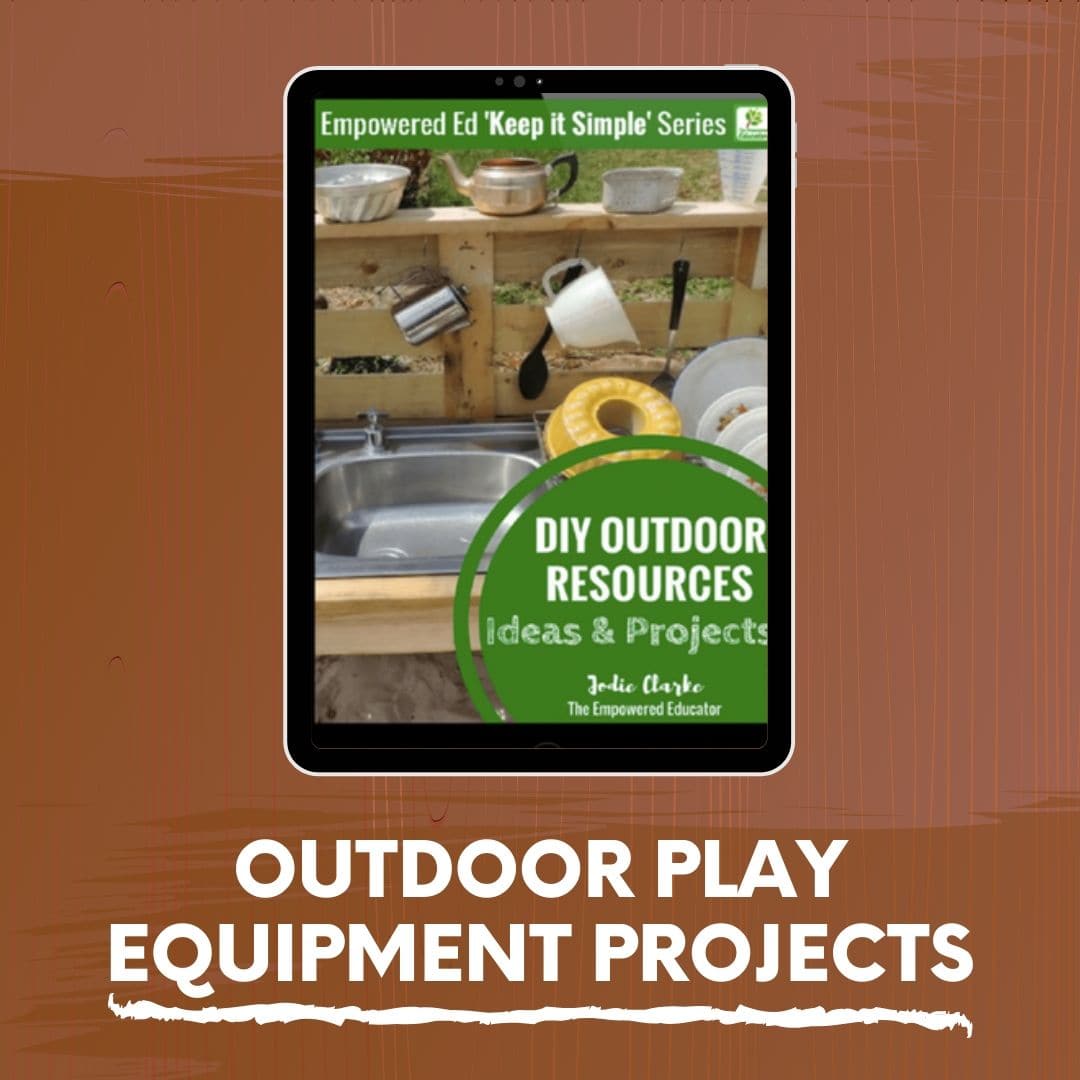
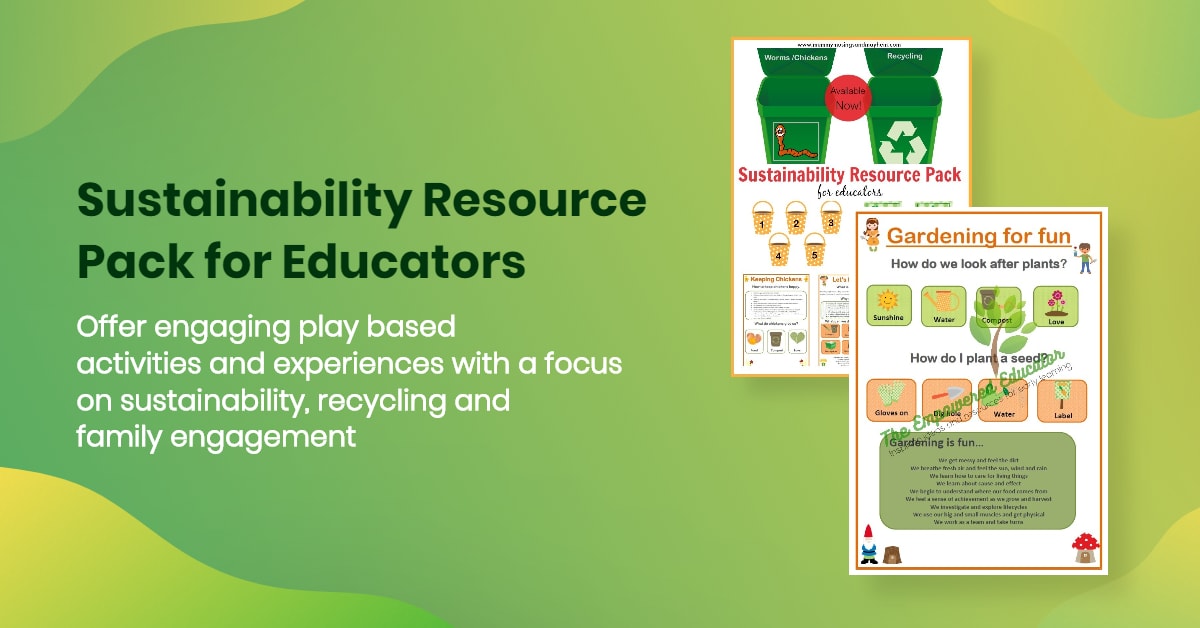
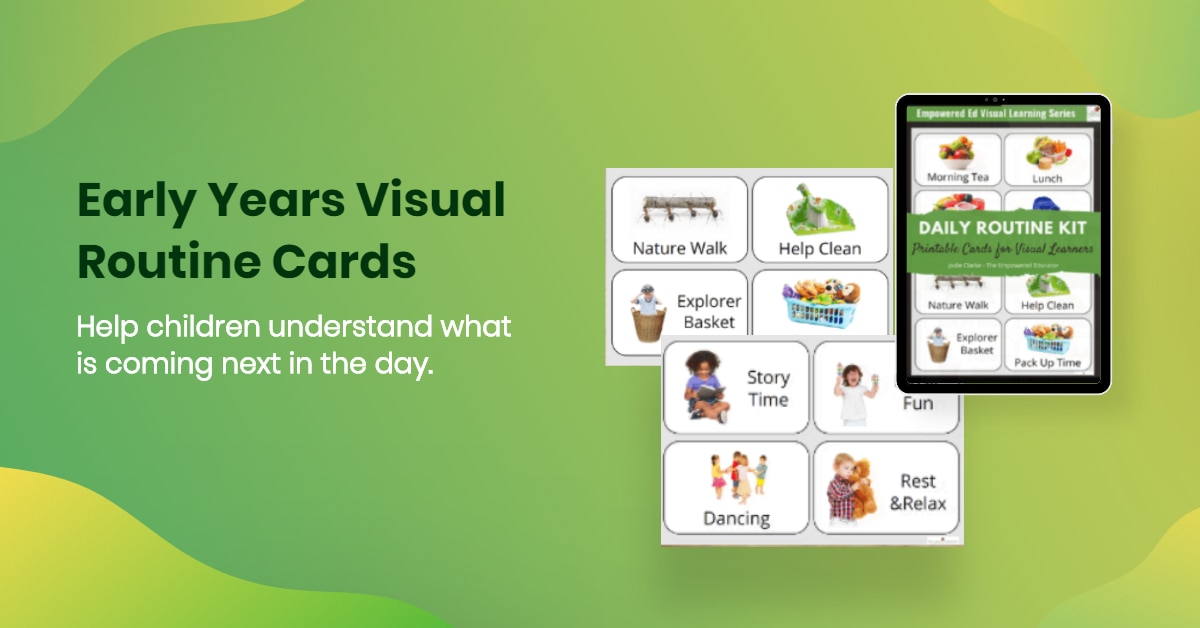
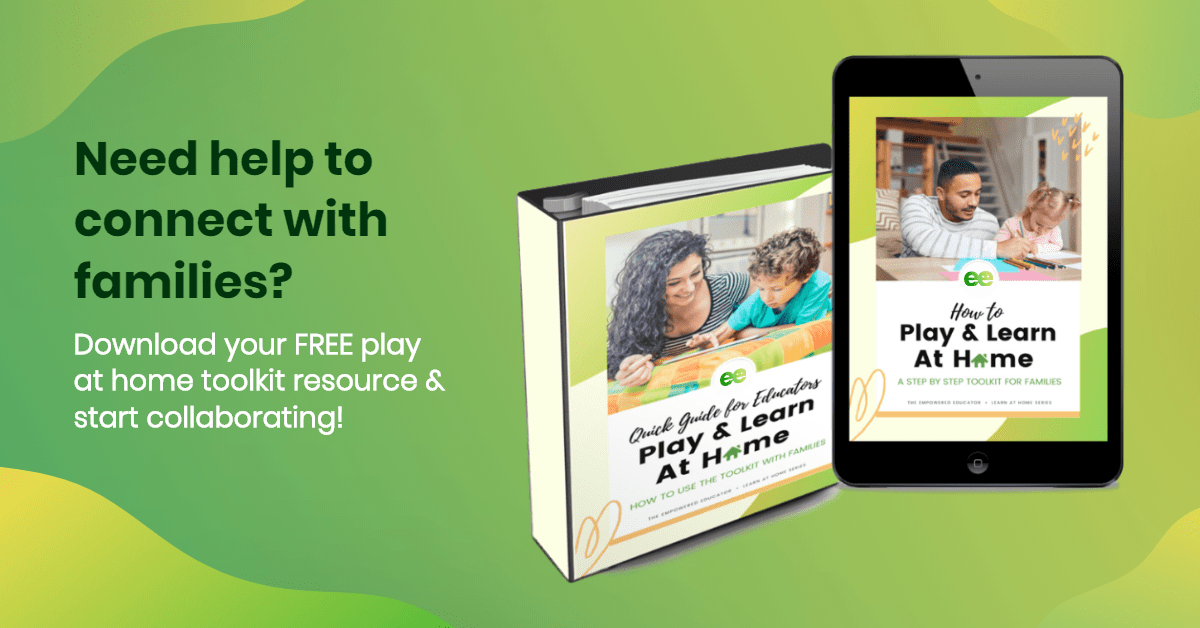
Leave a Reply